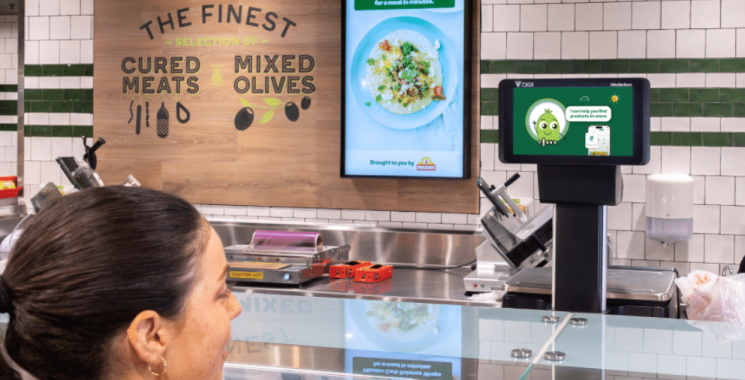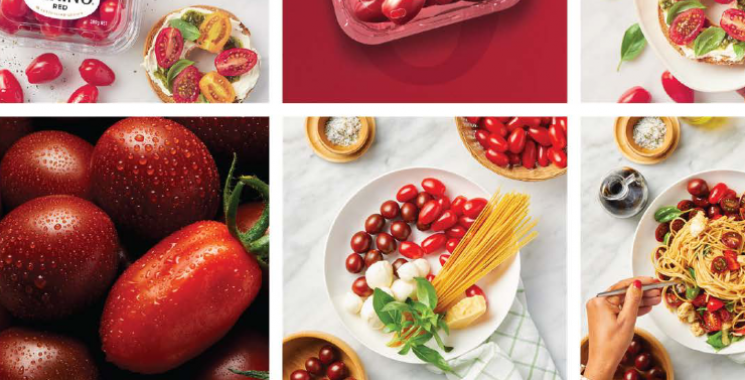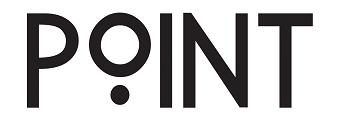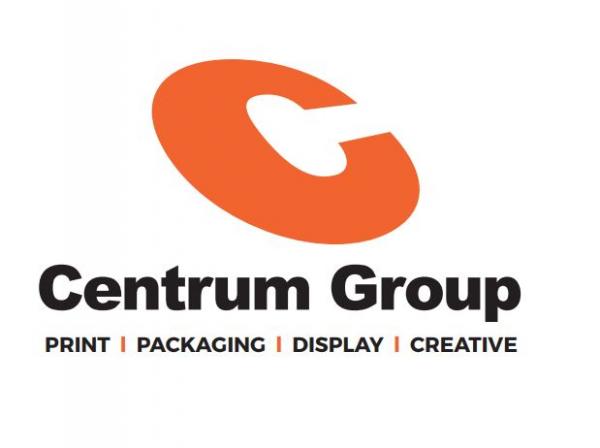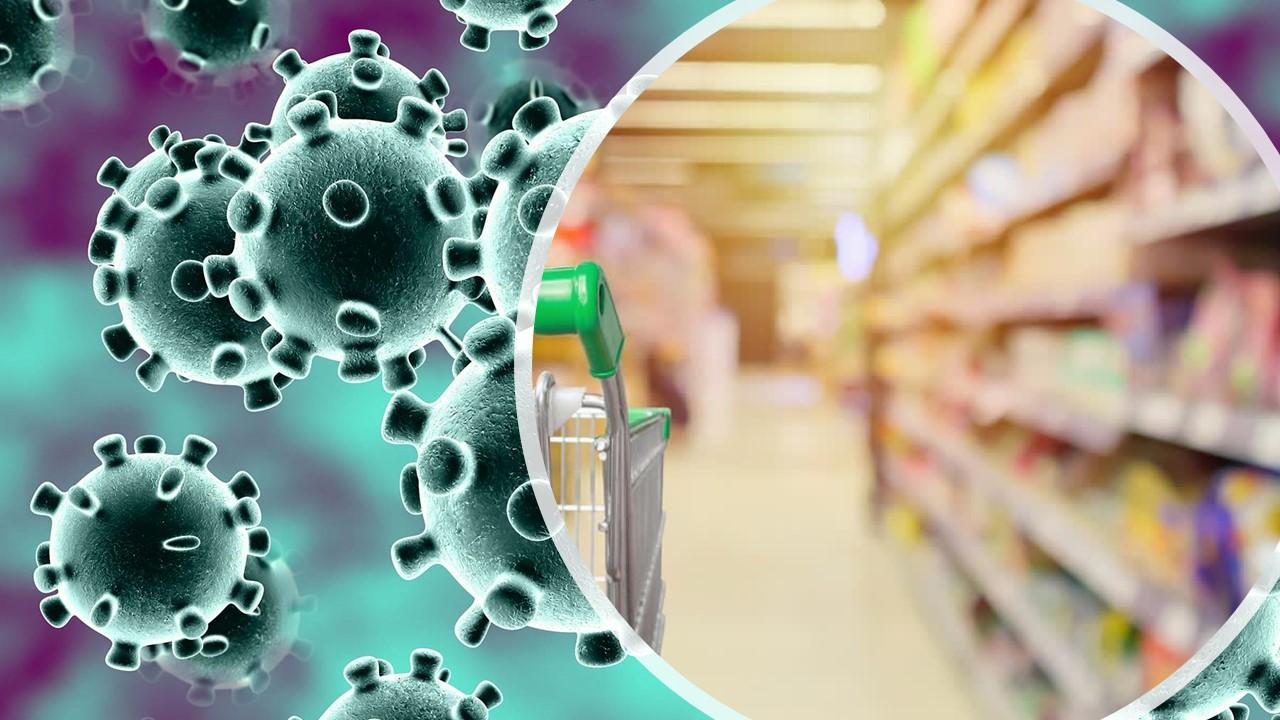
Corona Virus impact on retail marketing in Australia
With the spread of Corona Virus, or Covid-19 currently on the rise, many businesses and consumers are beginning to start planning for potential interruptions to every day business activies. But short of stockpiling toilet paper and other shelf stable supplies, what can the retail marketing industry in Australia and New Zealand potentially expect and how can we have the best result in the aftermath.
Report by Carla Bridge, General Manger, Shop! Australia and New Zealand
What we know so far
In China, as a result of enforced quarantines in affected areas, some cities have become ghost towns for up to a month. With citizens only permitted to leave home to pick up groceries, in some ways, supermarkets and FMCG brands are one of the most insulated from a pandemic crisis given that people will always need the majority of these items, regardless of whether they are confined to their home or not. Online sales have already started to pick up in Australia, with orders now having to be made a week out from deliveries in some cases.
While some Shop! members have had more difficulties sourcing materials and displays from Chinese factories, these items are still attainable – it just means more stringent planning, jumping through more hoops, longer production times, and in some cases, higher costs for both manufacture and freight. Some businesses are seeing quoted prices double for some things such as shipping. Some Chinese factories continued to operate during the shut down, however, with workers required to keep 1.5m between one another, it has meant longer turnaround times.
Some Australian and New Zealand businesses have also benefitted from using local manufacturers, which is not only great for our homegrown industry, but also the local economy. Using a local producer or supplier can cut turnaround times, reduce unexpected costs, and the uncertainty that your campaign will be delivered at all.
In the US, Costco has suspended instore sampling programs in around 25 states so far in a bid to protect customers from the potential spread of Covid-19. Meanwhile, Traders Joes has said it does not see a reason to cease sampling, however, has introduced a policy of plating samples for customers individually instead of on a central platter. Shop! expects that either of these policies could come into force in ANZ should the spread of the virus continue.
What could Australian retail marketers expect or plan for in the coming months:
- More local production
- Longer turnaround times
- Less foot traffic in stores
- More online sales of essentials
- Higher production and shipping costs
- Prepare for a change to usual sales patterns (and in some cases a drop off in sales)
- Remote work forces and less warehouse staff
The good news is, when people do visit the stores, particularly supermarkets, they will be there will one purpose in mind – purchasing. There will be less browsing, and basket sizes will larger than average as consumers make less ‘small shops’ than they might traditionally.
Once instore, they will be keen to see things operating as ‘business as usual’ – which means that POP displays will become more important than ever to many brands, and will be an excellent opportunity to highlight products they may not usually purchase, and will play an important role in keeping not so essential products at the top of consumers minds.
If areas are forced to self quarantine, it is unlikely the entire country will be shut down all at once, and many regions will continue to operate as usual, and for this reason, retail marketers should continue with their marketing plans as campaigns will still reach unaffected areas.
Despite this, some brands may choose to review the mediums they are using and adjust the mix – will television, AR, gamification and online be more effective in the next three months in order to keep your brand at the forefont, or is being front and centre at the point of sale more beneficial to your product and brand?
The key to weathering the Covid-19 and any ensuing economic downturn will be planning, preparation, flexibility and innovation.
